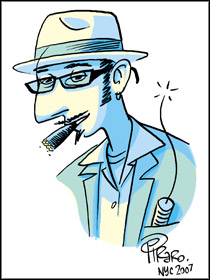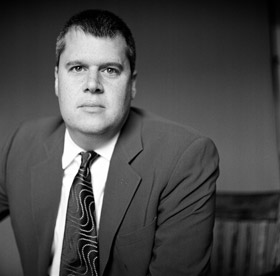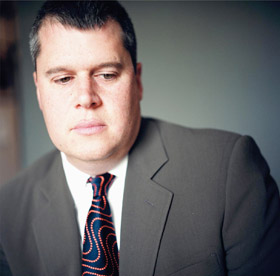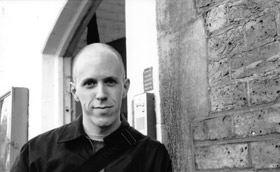I have this ongoing effort to create humor in fewer words because I’m very wordy. I always have been. I was that way in school. When a teacher would say to write a 500-word paper about something or other, I would write 750 just because I’m a wordy person. So something that I’ve done over the years, especially in recent years, is try to reduce the number of words in my cartoons just because I think it’s funnier to say things simply and quickly than to over explain. But my cartoons still tend to be pretty wordy.
One of my favorite cartoonists in the world is Sam Gross. He’s most notable from the New Yorker magazine. His work is just fantastic and he rarely uses words. And when he does, it’s almost never more than three or four. I’d love to be able to do that, but it’s just not the way I think.
There’s some kind of irony in somebody who feels they write too much creating a single-panel comic.
Yeah [laughter] I know. I actually started by trying to do strips and they just were too forced. And then I started doing panels, and bang, people just liked them way better.
Ever since I was a child, my favorite cartoons have always been single-panel magazine gags without regular characters, without storylines — a single glimpse of life, and your brain figures out what just happened before this picture or what’s about to happen after it. I love that kind of humor. And so that’s what I was best at.



